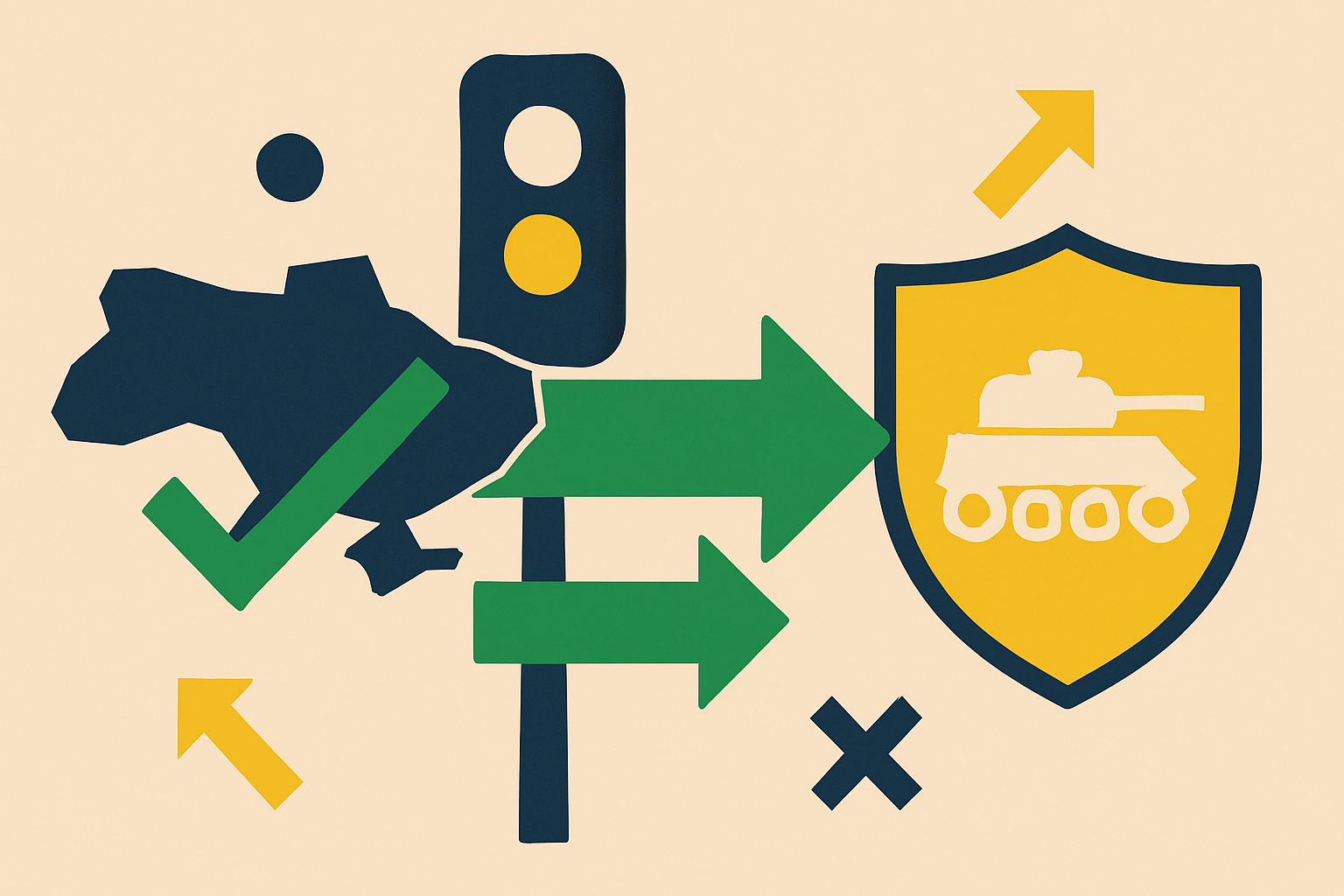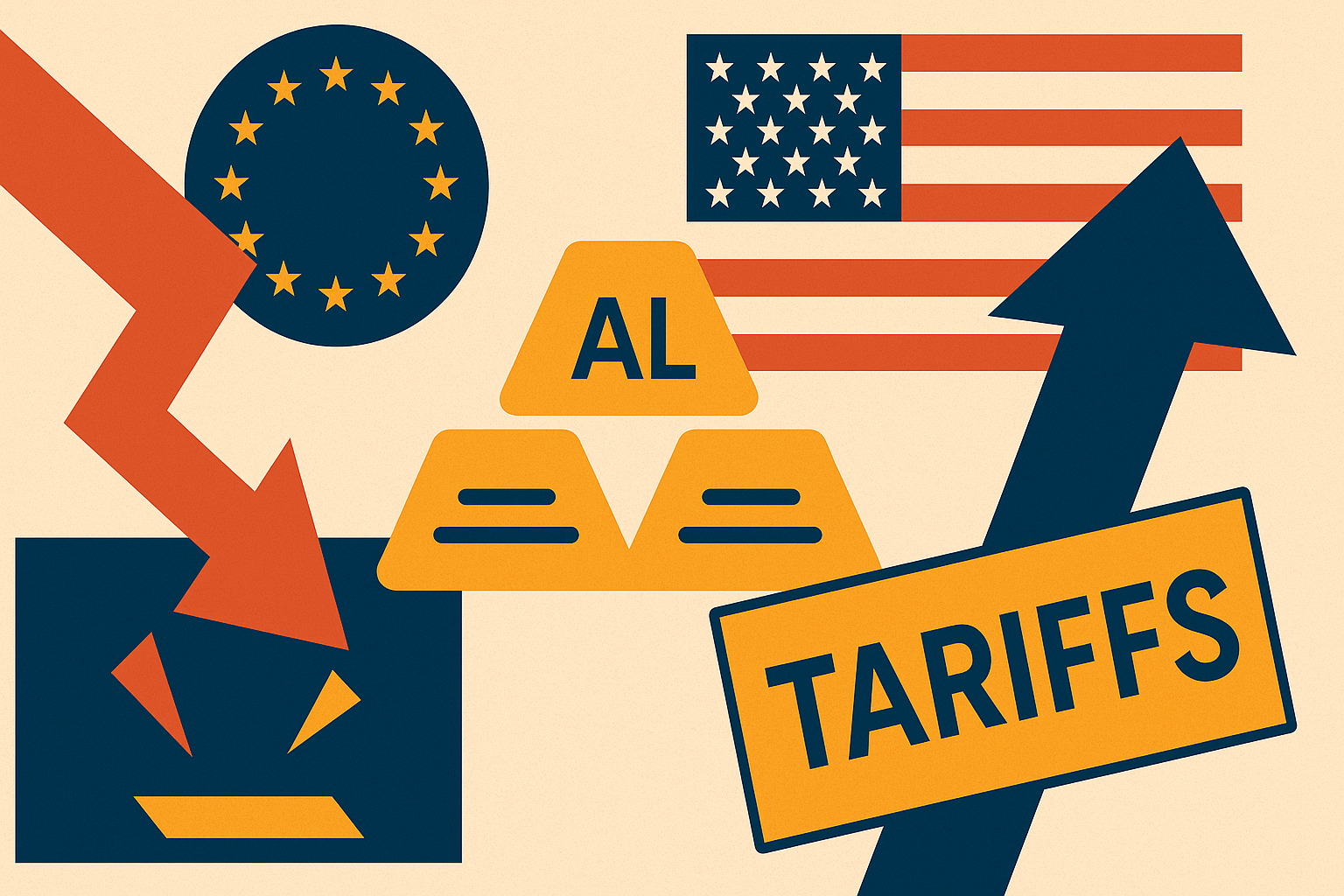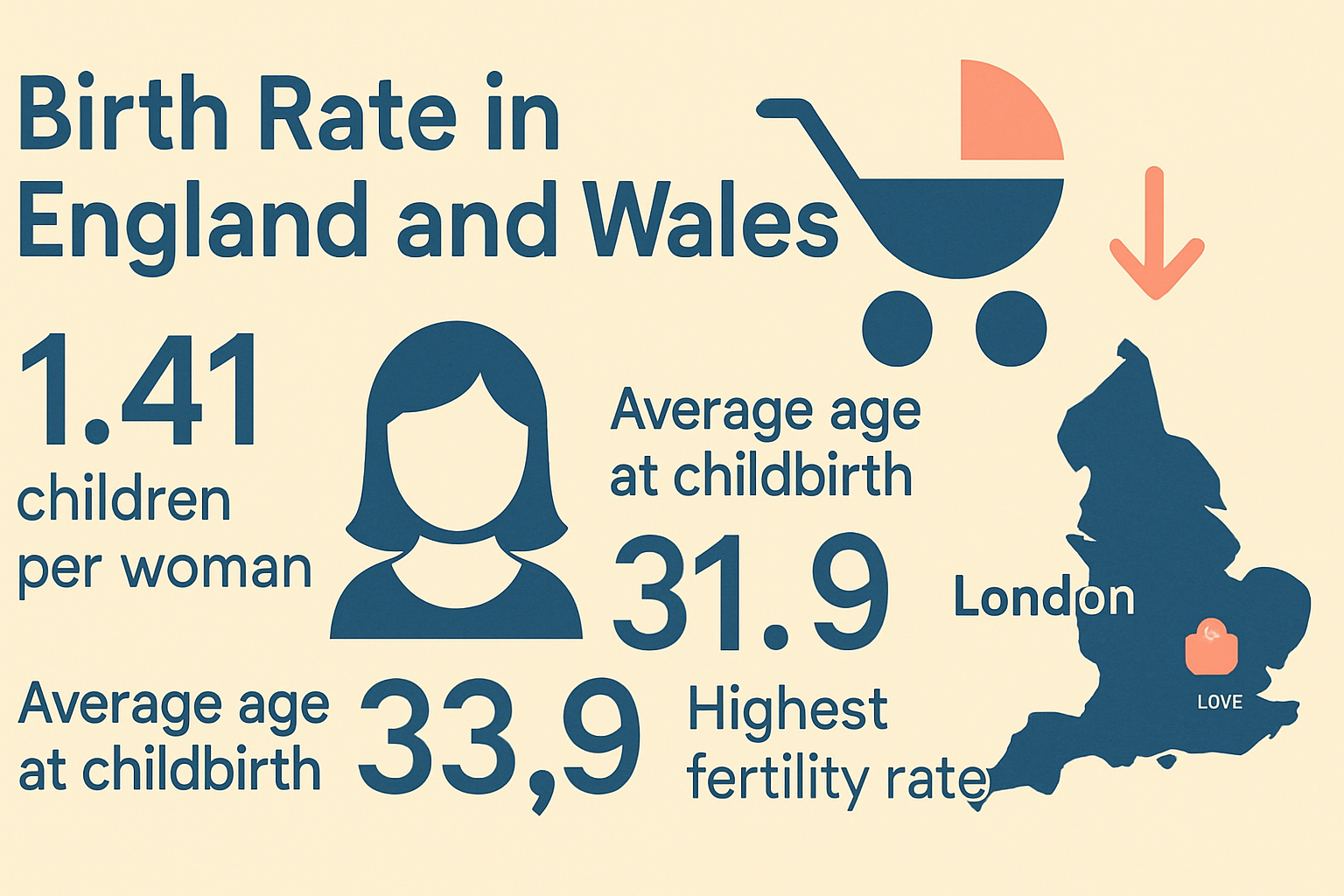The United States is signaling a major policy shift on Ukraine, with officials confirming that President Donald Trump is now prepared to support western-led security guarantees aimed at safeguarding any eventual peace deal with Russia.
A Change in Stance
For months, Washington resisted joining European efforts to create a protective framework for postwar Ukraine. In March, France and the UK launched the so-called “coalition of the willing,” pledging to explore options such as deploying troops, overseeing ceasefires, and strengthening air and sea patrols. At the time, Trump had rejected US participation, leaving European leaders worried about going it alone.
Now, officials briefed on negotiations say the US is prepared to provide intelligence, surveillance and reconnaissance assets, command-and-control structures, and critical systems to bolster Ukraine’s air defense. This represents a significant departure from Trump’s earlier reluctance.
Why the Shift?
Several factors appear to be driving this recalibration:
- Growing frustration with Vladimir Putin and warmer relations with Ukrainian President Volodymyr Zelenskyy.
- Trump’s stated ambition of securing a peace deal that could earn him international recognition — including the Nobel Peace Prize.
- Europe’s pledge to boost defense spending to 5% of GDP, which officials say has helped buy goodwill in Washington.
A rough outline of the US contribution to the security package could emerge “soon,” though details remain unresolved — including how many European troops might be deployed, and whether Moscow would ever accept such a framework.
Still a Long Road to Peace
Despite cautious optimism in Europe, a peace settlement remains distant. Putin has thus far refused to consider the presence of western forces in Ukraine, and discussions over security guarantees remain at an early stage.
European officials stress, however, that a critical obstacle — Trump’s initial opposition — appears to have been removed. “For the first time, there is alignment that the US role, even if limited, is necessary to make peace last,” one senior diplomat noted.
A White House spokesperson said Trump and his national security team “continue to engage with Russian and Ukrainian officials towards a bilateral meeting to stop the killing and end the war,” but added that further negotiations would not be discussed publicly.
The European Angle: Moldova in Focus
While Ukraine dominates headlines, Europe is also turning its attention to Moldova, where elections next month are seen as a referendum on the country’s pro-EU path. Today, French President Emmanuel Macron, German Chancellor Friedrich Merz, and Polish Prime Minister Donald Tusk will join Moldovan President Maia Sandu for Independence Day celebrations in Chișinău — a pointed message against Russian interference.
Moldova, a former Soviet republic bordering Ukraine, faces sustained pressure from Moscow, which backs opposition parties and controls the separatist region of Transnistria. EU leaders are making clear that the bloc views Moldova’s European integration as strategically vital.








